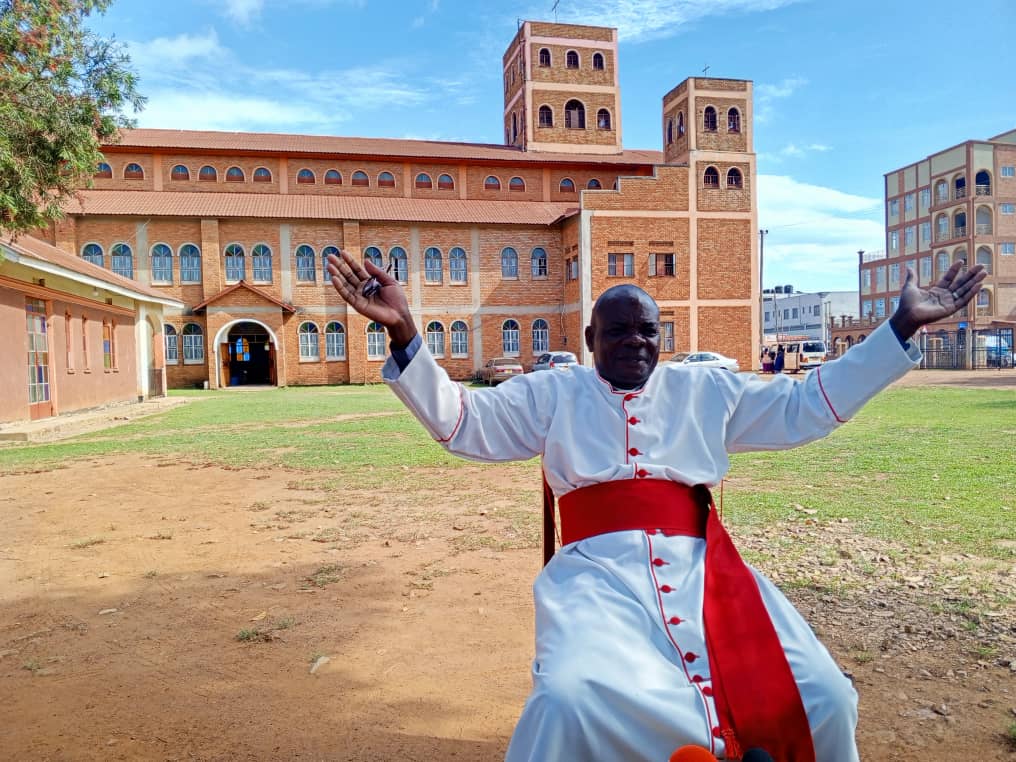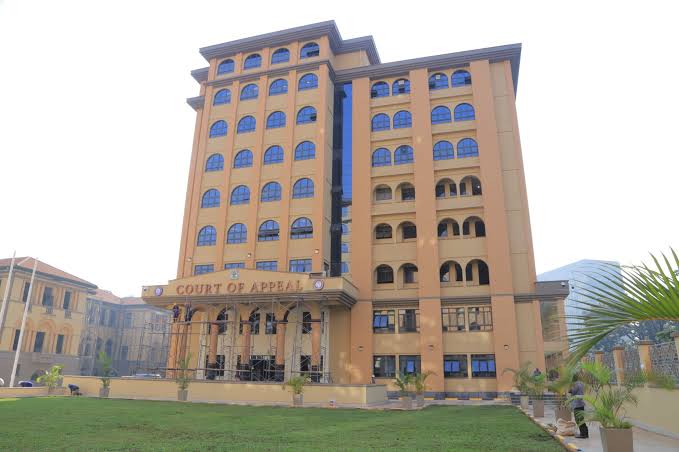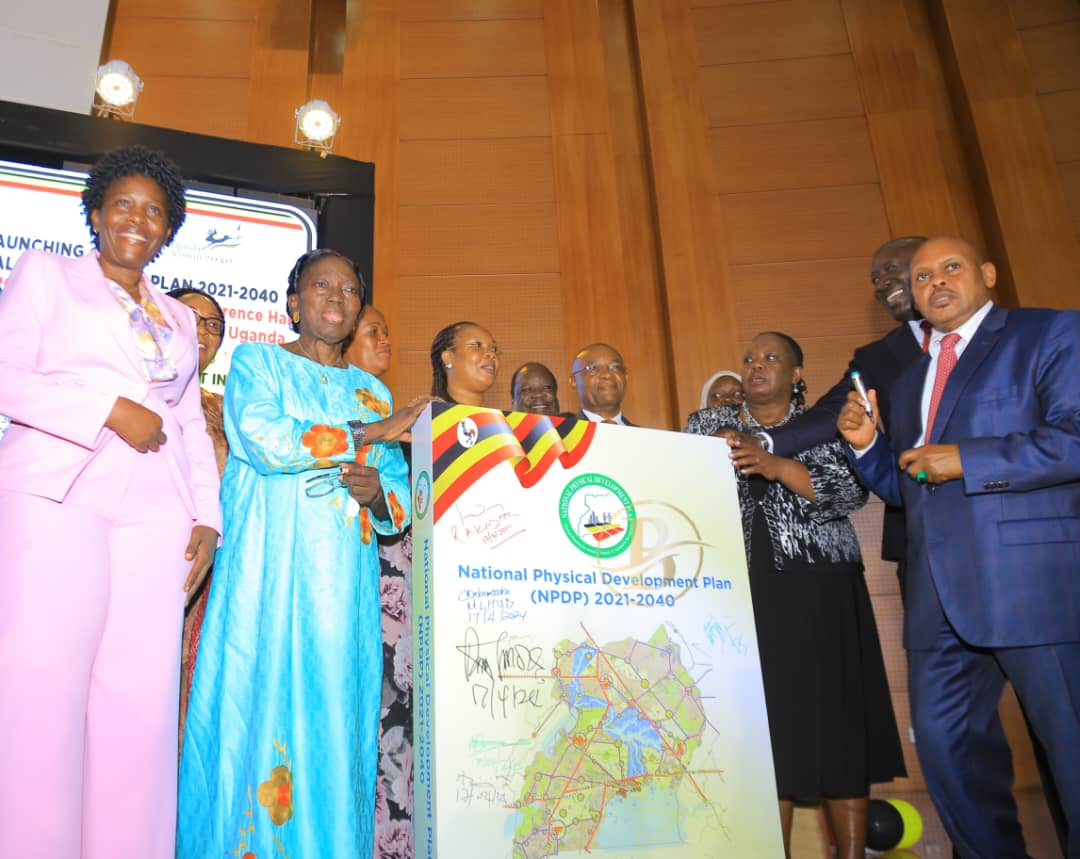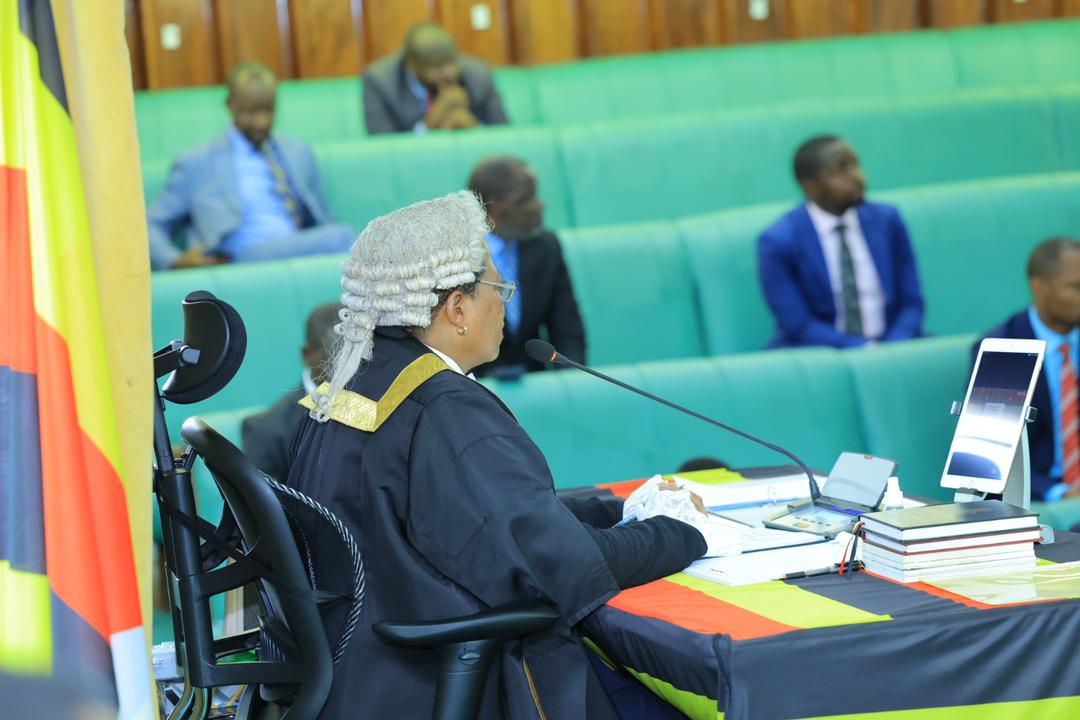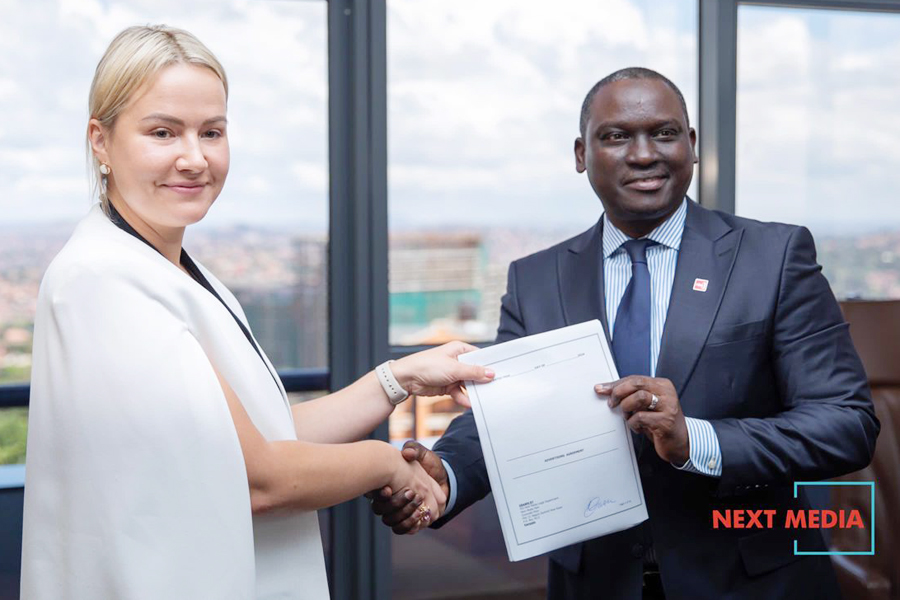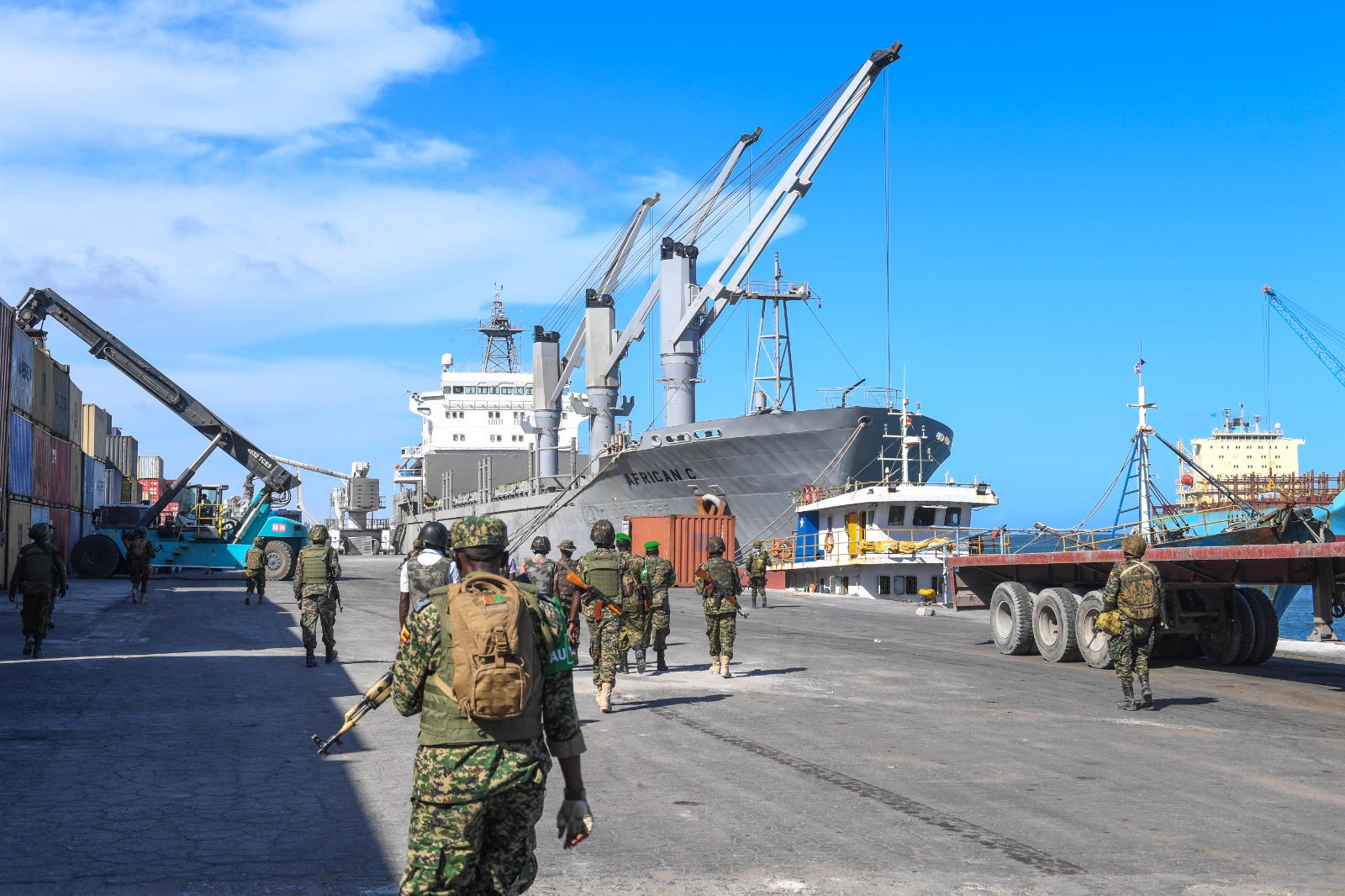Uganda selected to pilot 4-year UN supported inmates radicalisation program
Uganda Prisons has been selected to pilot a UN and European Union supported program aimed at the radicalisation of inmates by those who have already been charged with extremist offenses such as terrorism.
Stakeholders say they have discovered that physical force and imprisonment have yielded so little in curbing the spread of extremists’ ideologies and now want more soft methodologies targeting mindset change.
Keep Reading
In the four-year program The European Union, UN, and the Netherlands government have set aside up to USD90M to pilot the program in three countries of Uganda, Tunisia and Kazakhstan.
The pilot will see Uganda prisons work with other institutions in the JLOS to prevent radicalization of inmates by those facing charges such as terrorism.
According to the funders, the program will be highly integrated with a human rights concept.
The Head of Delegation of the European Union to Uganda Anna Merrifield “It also emphasizes strengthening good governance, human rights and the rule of law”
The Director United Nations Counter-Terrorism Centre Steven Siqueira said violent extremist prisoners pose a significant challenge for member states globally not only does it positively affect the management of prisoners but is also a protective measure for local communities and has potential to positively affect regional and global security
Prison authorities say the program comes in handy since they currently have a trend of inmates facing extremist charges with so far 33 convicted with aiding abetting or belonging to a terrorist group. These acknowledge the difficulties in handling extremists.
According to the Deputy Commissioner General Prisons, Uganda Prisons Services James Mwange; "The current trend of inmates we have don’t fear to be punished and some to the extreme have even broken through the fear of death”
The program will use more mindset change mechanisms as actors say physical deterrence and imprisonment has not yielded enough.
The Head of Criminal Justice Programme, United Nations Ofice on Drugs and Crime, Regional Officer for East Africa Charity Kagwi Ndungu says: “there has been very little attention paid historically to the idea of working with violet extremists to disengage them from violence except perhaps by traditional means of physical force and imprisonment yet more recently countries have realized that they cannot solve extremism with these”
There is also an urgent call for participation of other institutions in the justice law and order sectors such as the police to identify potential extremists and courts of law to adjudicate matters on a timely basis to avoid irritating extremists who then develop worse ideas of radicalizing others.


